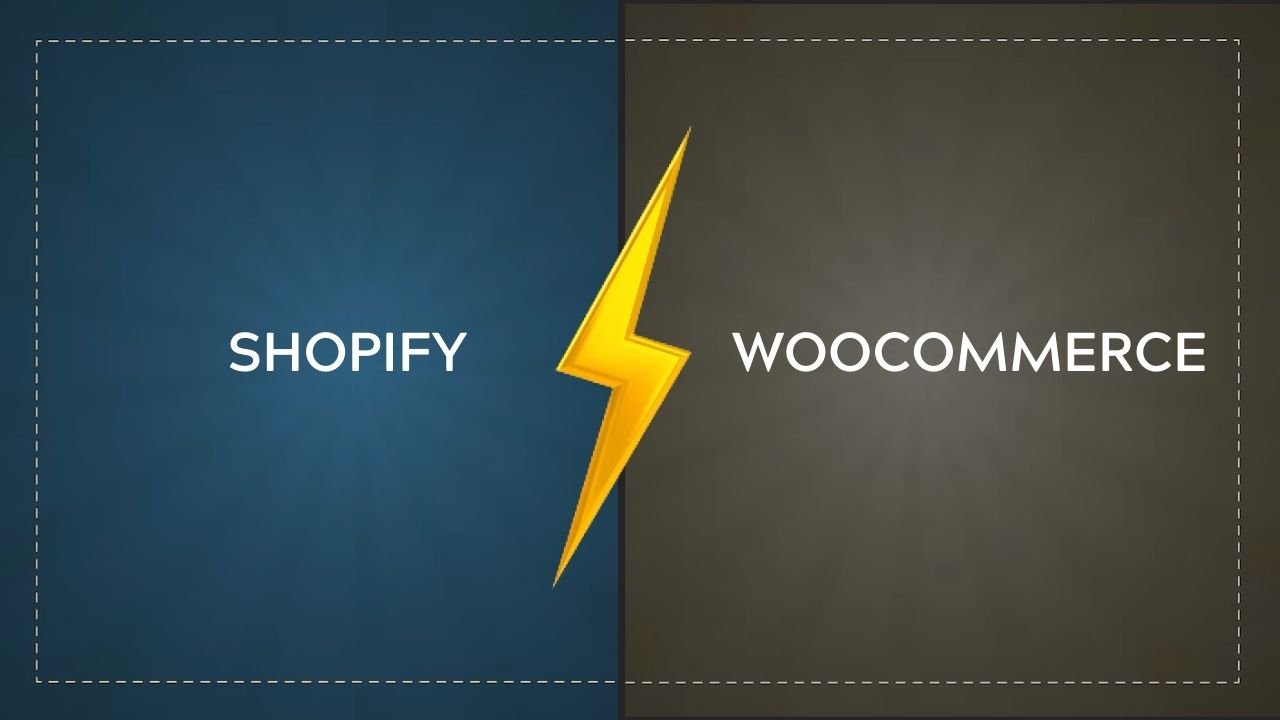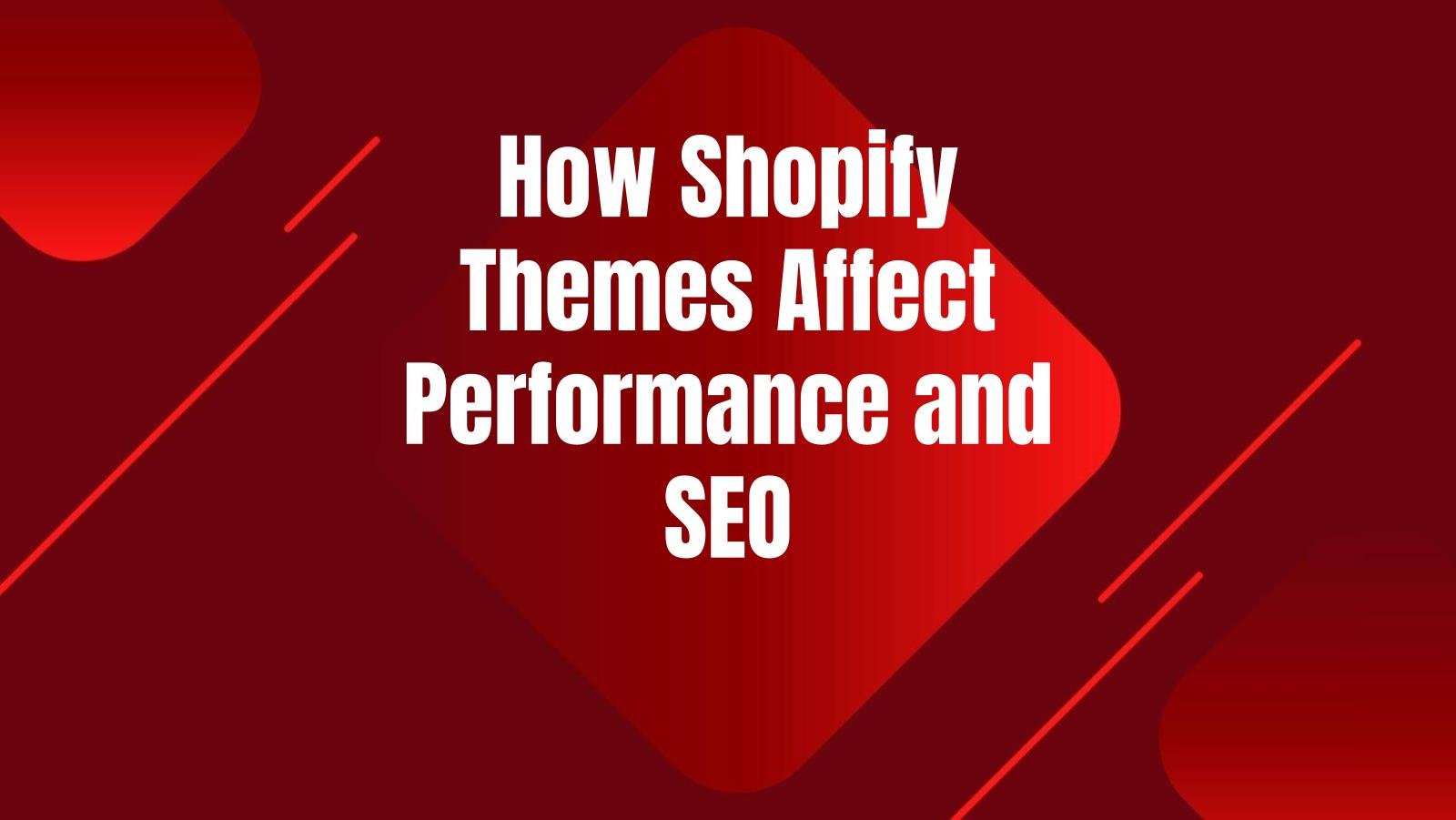
Shopify vs WooCommerce: What’s better for scaling an ecommerce brand?
They told you scaling your eCommerce brand was easy with Shopify or WooCommerce. But what if I told you — it’s not about the platform. It’s about choosing the right one based on your growth strategy?
Here at Stymeta Technologies, we’ve worked with businesses just like yours: startups ready to launch and enterprises itching to scale. We’ve seen brands go from garage-level sales to six-figure months—but only when they chose the right technology stack for their long-term goals.
Today, we’re digging into a question we get asked all the time:
Shopify vs WooCommerce: what’s better for ecommerce scaling?
This isn’t another generic comparison post. We’re pulling back the curtain on what actually matters when picking your platform to scale your ecommerce business the right way. Ready? Let’s unpack it.
Understanding Shopify vs WooCommerce: A Quick Primer
Before we dive into which is better for scaling, let’s get familiar with both platforms:
- Shopify: A fully hosted, all-in-one platform. Everything from hosting, security, to backend support is included.
- WooCommerce: A WordPress plugin that turns your website into a store. It’s open-source, meaning full freedom—but more hands-on work.
Both are powerful, but they operate differently. So, which one fits your scaling needs? Let’s break it down.
Ease of Use: Shopify’s Simplicity vs WooCommerce’s Flexibility
If you’re not tech-savvy or short on time, the choice might already be made for you.
With Shopify:
- You get a clean, intuitive interface.
- No coding skills required.
- Drag-and-drop functionality makes customizing a breeze.
- Fast setup—get your store live in a day.
With WooCommerce:
- You need to install WordPress, buy hosting, and set up security.
- It demands technical skills or help from a developer.
- Customization is limitless, but it takes time and expertise.
Verdict: Shopify shines when speed and user-friendliness are your top goals. But WooCommerce gives you full control—if you or your team can handle it.
Performance and Speed: Hosting Matters When You Scale
Page load time can tank your conversion rates. And when you’re scaling, every second matters.
Shopify:
- Comes with fast hosting and CDN (Content Delivery Network).
- Server maintenance is handled for you—less downtime, less stress.
WooCommerce:
- Performance depends on your hosting provider.
- Needs server optimization and caching solutions like WP Rocket for speed.
Our Take: Shopify offers consistent performance out of the box, perfect for scaling up without worrying about tech bottlenecks.
Cost Comparison: Shopify’s Predictable Pricing vs WooCommerce’s Variable Costs
Scaling means watching your budget. Which platform offers better ROI?
Shopify Pricing:
- Starts at $39/month (Basic Shopify).
- Payments and app subscriptions can add up quickly.
- Transaction fees if you don’t use Shopify Payments.
WooCommerce Pricing:
- Free plugin, but you’ll need to pay for hosting, theme, SSL, and extensions.
- Your monthly cost could range from $25 to $300+ based on your build.
- No platform-specific transaction fees, freedom to choose processors.
Bottom Line: WooCommerce offers cost flexibility as you grow, but Shopify keeps expenses more predictable and scalable for less technical teams.
Scalability: Which Platform Grows with You More Smoothly?
This is the part you came for—how do they perform as your brand gets bigger?
Shopify Advantages:
- Seamlessly handles traffic spikes.
- Built-in infrastructure means fewer breakdowns as you grow.
- Integrated app ecosystem makes upgrades easy.
WooCommerce Advantages:
- Complete control over backend optimization.
- Add any feature you want—custom APIs, integrations, or themes.
- Scales beautifully when paired with strong hosting (like Kinsta or WPEngine).
From our experience at Stymeta: Shopify makes scaling easier for teams without dedicated developers. WooCommerce is a playground for the technically equipped.
Security and Maintenance: Peace of Mind or Hands-On?
Think about this: Is your team ready to manage technical updates, or do you want hands-off security?
Shopify:
- Security updates, SSL certificates, PCI compliance—all handled automatically.
- Low maintenance. You focus on growing; they handle the backend.
WooCommerce:
- You’re responsible for WordPress updates, plugin compatibility, and backups.
- Security plugins like Sucuri or Wordfence are must-haves.
Shopify wins on convenience. WooCommerce offers control—if your team has the bandwidth to manage it.
App Ecosystem and Integrations: Shopify Apps vs WordPress Plugins
As you scale, you’ll want tools: email marketing, CRM, order fulfillment, upsells, review apps. Let’s compare:
Shopify App Store:
- Thousands of apps built to work seamlessly with your store.
- Simplified integration, most are plug-and-play.
- Many apps cost extra—scaling can increase your app bills.
WooCommerce Plugins:
- The WordPress Plugin Library is massive and free-heavy.
- More niche options and custom integrations possible.
- But… plugin conflicts can arise. Testing is required before scaling fast.
Summary: Shopify is smoother for scaling with fewer surprises. WooCommerce has options—the good, the bad, and sometimes the broken.
Store Design and User Experience: Templates vs Custom Freedom
Customer experience drives conversions. So how do these two platforms support a great UX?
Shopify Store Design:
- Beautiful, responsive free and paid themes.
- Less customizable unless you dive into Liquid code.
- Perfect for brands wanting sleek design with zero headaches.
WooCommerce Design:
- Creative freedom with thousands of WordPress themes.
- Ideal for brands with specific UX/UI goals.
- Best when built with a design agency or in-house developers.
Pro Tip: Shopify limits design flexibility. WooCommerce gives full control, but with great power comes great responsibility (and complexity).
Community and Support: Where Will You Get Help?
No matter how solid your platform is, you’ll eventually need support. What can you expect?
Shopify Support:
- 24/7 customer service via chat, email, or phone.
- Helpful documentation and forums.
WooCommerce Support:
- No central support team unless you buy premium plugins/themes.
- You rely on community forums, developers, or your agency.
Insider insight: Shopify is ideal if you want fast, reliable help. WooCommerce requires more self-support or hiring experts.
Which Platform Should You Choose for Ecommerce Scaling?
Here’s the quick breakdown:
| Category | Shopify | WooCommerce |
|---|---|---|
| Ease of Use | Plug and play | Developer needed |
| Performance | Fast and reliable | Depends on hosting |
| Cost | Predictable | Flexible, variable |
| Scalability | Beginner-friendly | Powerful with tech support |
| Security | Built-in | DIY |
| Customization | Limited | Unlimited |
Here’s the punchline: Go with Shopify if you want speed, simplicity, and growth with less tech hassle. Choose WooCommerce if you’re building something unique and have technical help or a trusted agency like ours at Stymeta.
Conclusion: Make the Right Decision for Your Ecommerce Growth
Scaling your ecommerce brand doesn’t come down to what’s “better.” It’s about knowing what you need based on:
- Your tech team (or lack of one)
- Your design and UX goals
- How quickly you want to scale
- Your long-term growth strategy
Whether it’s setting up a robust Shopify store that can handle high-volume sales, or building a custom WooCommerce solution that scales with enterprise-grade detail, Stymeta Technologies can help you make that leap with confidence.
We’ve helped brands launch, scale, and lead their niches. If you’re unsure where to start, let’s chat about your goals. The right platform is just the beginning.



